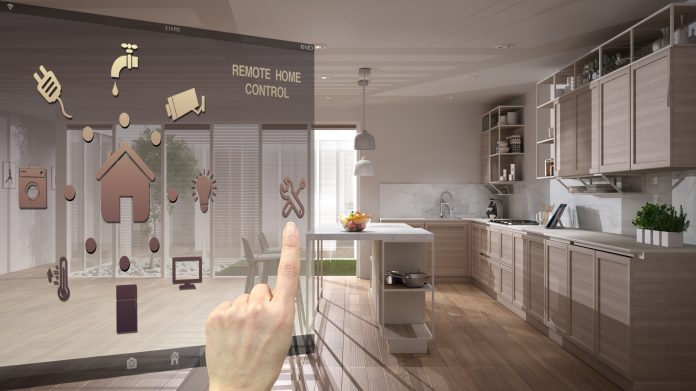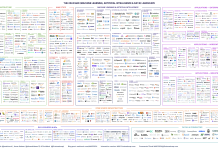In light of recent research revealing that Brits favour smart technology that reduces tedious task such as cleaning the toilet and cleaning the oven, this article explores if smart homes are worth it
Are smart homes connecting Brits?
A home is classed as a smart home when it is equipped with lighting, heating, and electronic devices that can be controlled remotely by smartphone or computer. The devices used may also provide intelligent feedback and information by monitoring many aspects of a home.
Are Brits buying it?
77% of Brits have heard of connected home and 6% say they have heard a lot about connected homes. Surprisingly, 30% of Brits own a smart TV and 16% of Brit own a Smart Metre.
Industry stats would argue that these should be much higher as the revenue the smart home market brings in is around £3,204 million in 2019. Revenue is also expected to grow at an annual rate of 13.2% which, if predicted correctly will result in a market volume of £5,254 million by 2023. Some people may not think of certain items, such as Amazon Alexa as a smart home device.
Currently, the average cost per installed smart home currently sits at £570. This, of course, depends on the type and amount of smart technology installed within a home. There is still debate as to what type, or how much smart technology is needed before it’s classed as a smart home.
The UK smart home market was worth 1 billion in 2017, but with an increase of 35%, it’s not the second-largest market in Europe after Germany.
A pioneering sector
One of the more prominent areas of smart homes is energy management. In the energy management segment, the number of active homes is expected to reach 322.4 million by 2023. Brits are interested in the energy management that smart homes offer because they’re looking for a system to save them money. Turns out, 70% of smart household were willing to shift their daily routine to off-peak periods in order to save money.
Smart homes promote the use of high energy periods during off-peak periods. Off-peak periods vary across the country but it provides Brits with the opportunity to become more cost-effective.
Other areas of growth within the sector are likely going to be smart security, lighting and energy devices.
Why haven’t some Brits switched to smart?
For those who haven’t jumped into smart home technology, the reasonings are pretty similar. 59% believe the cost to purchase the products would be too high. Interestingly, 49% of Brits said that they were also concerned about personal privacy.
There we other reasonings that also surrounded safety, such as people not being sure how it would impact their home security. Due to the nature of our new connected world, it’s common that there are concerns with how their data is being used.
However, the main barrier was definitely due to cost across the board. Many people still think the technology is still developing, so are reluctant to invest so early on.
Has there been smart home data breaches?
There have been a few companies that have experienced data breaches. A hack on a Chinese company called Orvibo happened this year. They run an Internet of Things (IoT) management platform and the data exposed included more than 2 billion logs. These contained everything from passwords, account reset codes and smart camera recorded conversations.
It’s no wonder people are sceptical about the collection of their personal habits, passwords and behaviour. The fear of this type of data being stored on a server that could potentially end up in the wrongs hands is worrying.
We are in the early stages of the smart homes and the security of users data has to be a priority. With access to accounts and control over home security systems, it’s not just the cost users will be bearing if advanced encryption is not protecting servers.
Jade Mansfield











